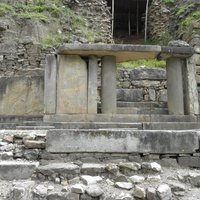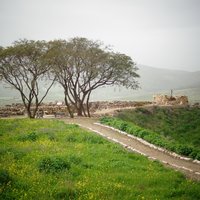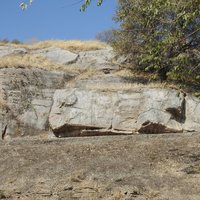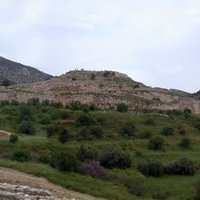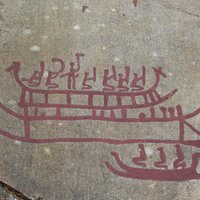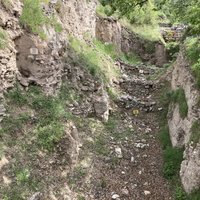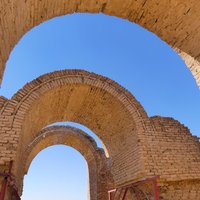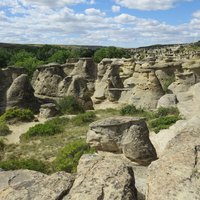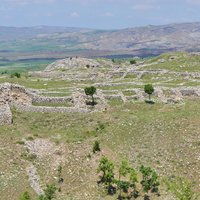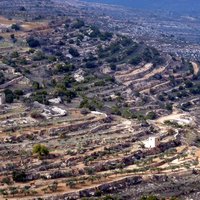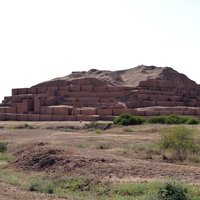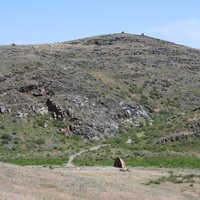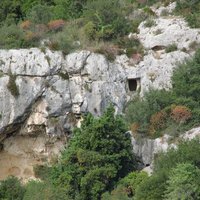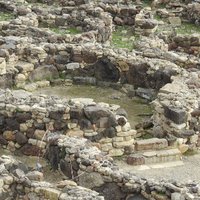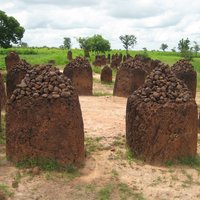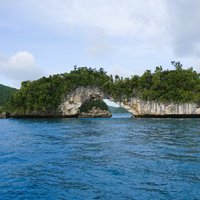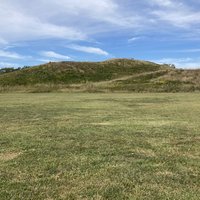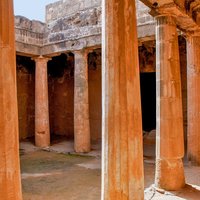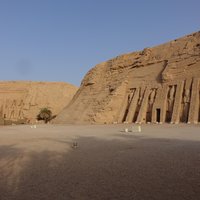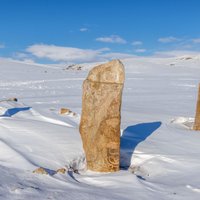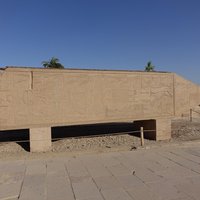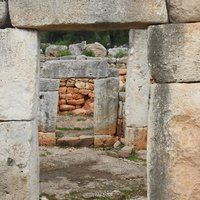Connected Sites
-
"This site gave its name to the culture of Chavln which developed roughly between 1500 and 300 B.C. (Carbon 14 analyses would indicate a starting date of ca. 1800)." (AB ev)
-
mainly represent the period between 12th and 6th Centuries BC
-
"a symbiosis of various cultures and traditions for more than three millennia" and "The majority of images belong to the Bronze Age (circa 1500 BC to circa 500 AD)" (AB ev)
-
Main monuments date from ca. 14th and 13th century BC, plus some 17th century BC grave circles
-
"Radiocarbon dating of pigments and charcoal from occupation layers indicate that the earliest paintings date to c 3800 BP."
-
-
"struggle for commercial supremacy between Troy and Mycenae that culminated in the siege of Troy in the 13th century BC was immortalized by Homer in The Iliad" (AB ev)
-
the last capital of China's Shang Dynasty (1300 BC - 1046 BC)
-
"the most important role of Ashur was from the 14th to 9th century BCE when it was the first capital of the Assyrian empire" (AB ev)
-
Most of the dated archaeological remains cover a period from 1800 BCE up to the beginning of the postcontact period (AB ev)
-
Criterion II: Hattusha exerted dominating influence upon the civilisations of the 2nd and even the 1st millenium B.C. in Anatolia and northern Syria. (AB ev)
-
The village of Battir, which developed on the outskirts of this cultural landscape, and was inhabited by farmers who worked and still work the land, attests to the sustainability of this system and to its continuation for the past 4,000 years (Nom File).
-
ca. 1250 BC
-
"The Tamgaly type engravings date from the second half of 14th and 13th century BC." (AB ev)
-
Necropolis of Pantalica: "Most of the tombs date back to the period from the 13th to the 7th century B.C." (AB ev)
-
"It is generally accepted that the central tower at Barumini dates from the later 2nd millennium BC." (AB ev)
-
Info in AB ev ranges from 3rd century BC to 750 AD as the date of origin, but "Recent research conducted at Sine Ngayene and Ngayene II point to an earlier emergence, around 1300 BCE." (source: AFC, Holl. "Senegambian megaliths as world cultural heritage." Art Human Open Acc J 2.3 (2018): 179-185.)
-
-
Human activity is evidenced in the Rock Islands from 3,100 BP on Ulong Island (AB ev)
-
between 3,700 and 3,100 BP (AB ev)
-
The sanctuary of Aphrodite in Palaipaphos dates to the 12th century BC.
-
The twin temples were originally carved out of the mountainside during the reign of Pharaoh Ramesses II in the 13th century BC, as a lasting monument to himself and his queen Nefertari, to commemorate his alleged victory at the Battle of Kadesh, and to intimidate his Nubian neighbors. (wiki)
-
Site of religious worship since the Shang Dynasty (between 1766 BC and 1122 BC) (wiki), Confucius visited in 6th century BC, first temples date from 351 BC "an eminent monk named Lang, the first to come to the mountain, set up the Lang and Divine Rock temples" (AB ev)
-
relationship to the "Middle Holocene Bantu Migrations" (3,500-2,000 BP) which were eased by following the Savannahs rather than the forests
-
The nomadic group who arrived around 2000 BC at the end of the Bronze Age were the first to leave their imprint on the natural landscape in the form of many burial mounds (kurgans ).
-
"systematic salt production was being carried out in the region as early as the Middle Bronze Age (later 2nd millennium BC)."
-
"These include deer stone monuments dating from about 1200 to 600 BCE." (AB ev)
-
Luxor ca. 1400 BCE, Karnak (from 1391 BC) (wiki)
-
"illustrate the evolution of the island’s dry stone building practices for approximately 1,500 years, from the Bronze Age (1600 BCE) to the Late Iron Age (123 BCE)."

